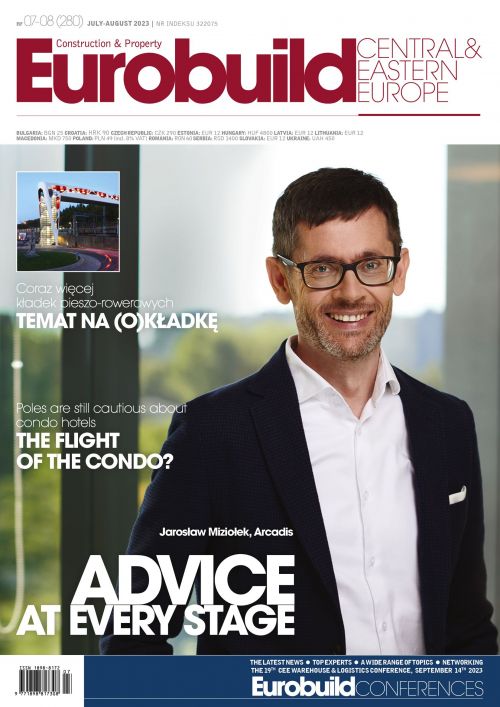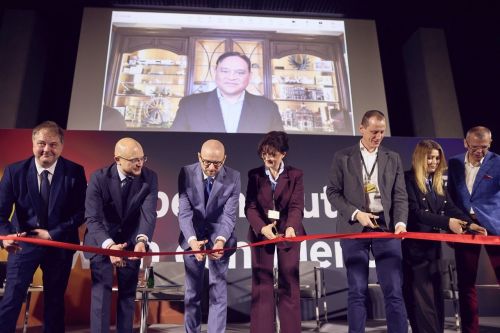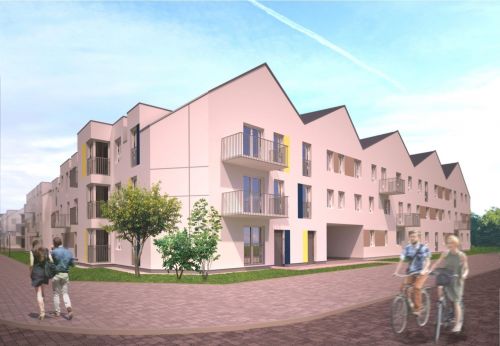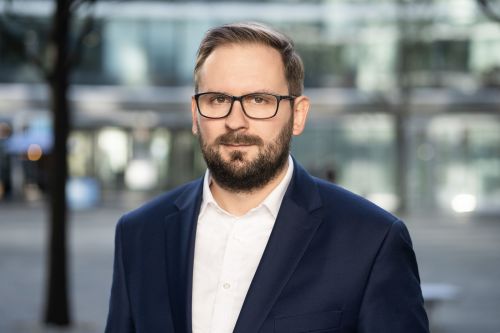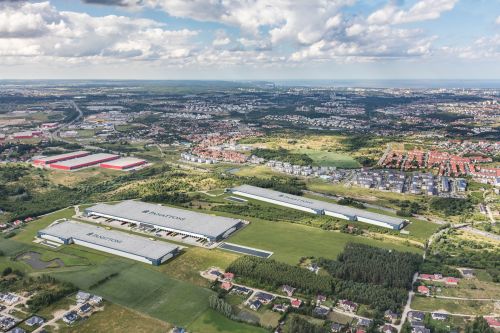“We are not living through a really grim time now in Poland – that’s what’s happening across our Eastern border. What we are seeing here right now is just a different phase of the office real estate cycle,” summed up a view that was repeatedly expressed during this year’s office conference organised by Eurobuild. “We’ve already come more than one crisis – and if you are in real estate you just need to be patient,” added another panellist.
But on the day, the conference started on a relatively quiet note, with a presentation on ESG. This could be a sign of the times, or rather, yet more proof of the growing importance of ESG compliance for real estate. Przemysław Sienkiewicz, the country sales lead of Manpowergroup, emphasised that ESG is crucial for retaining and acquiring talent. This is reflected by the fact that many companies are expanding their ESG teams. “Almost 70 pct of Polish companies have stated that their E























